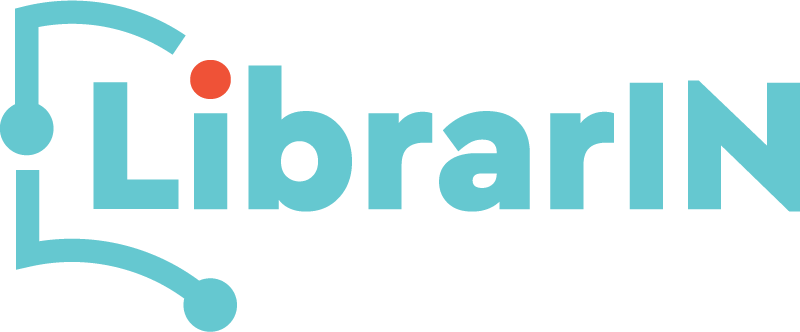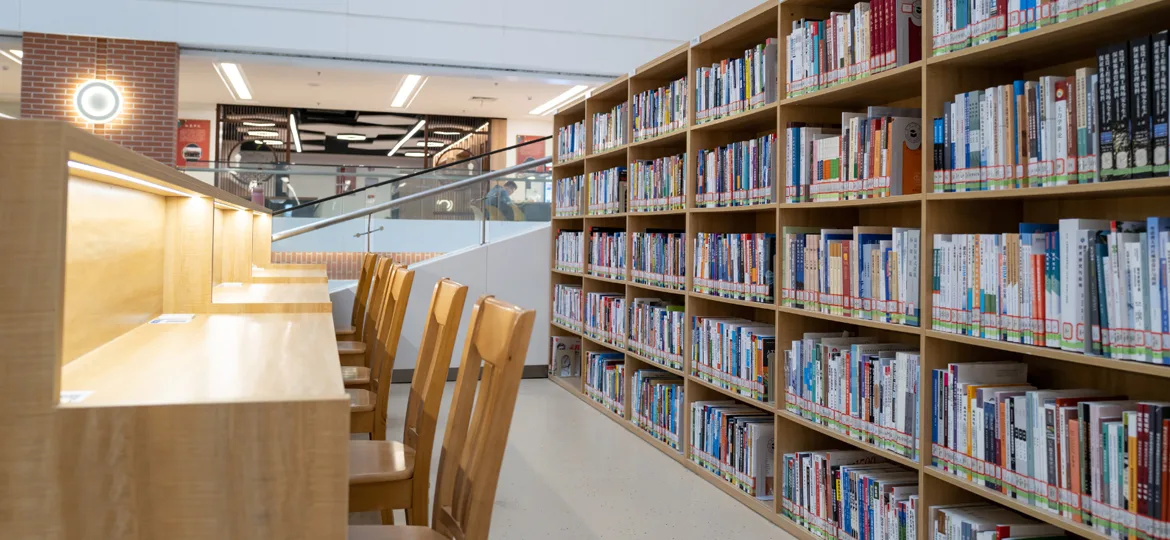In an exclusive interview, Drs. Arja Firet from the Team Digital Humanities at Utrecht University Library sheds light on the significance of living labs within the university’s library. This interview delves into the role, importance, and benefits of the Living Lab Digital Humanities, providing valuable insights into its operations and impact.
- What is the Living Lab Digital Humanities, and what role does it have at Utrecht University Library?
The Living Lab Digital Humanities (DH) is a physical ‘workplace’ for digital research and education, situated in the University Library City Centre. Researchers, teachers, data and software experts can meet, collaborate and exchange knowledge here. Digital, data-based research requires the combination of various kinds of expertise. The Living Lab offers the facilities for this.
The Living Lab DH is also suitable for trainings and workshops, online (hybrid) collaboration, and for the streaming of events occurring in the Lab. The Living Lab Digital Humanities is a cooperation between the (Team DH of the) Utrecht University Library and the Centre for Digital Humanities (CDH) of the Utrecht University. The CDH consists of: the Utrecht Data School, the Digital Humanities Lab, the Institute of Language Sciences (ILS) Labs and Digital Humanities IT. As of May 1, 2023, the CDH and Team DH of the UUL will launch a new website which will encompass all of our combined DH services and support. This further collaboration between our parties will make it easier for the client (researchers, students, teachers, etc.) to find all DH services in one place and to request support with their DH research, without having to navigate through multiple UU websites.
- What are the benefits of having the Living Lab Digital Humanities at the University Library?
In determining the location for the Lab, the Library was an obvious choice; the Library is always open to the public, the (DH) professionals are almost always present to give advice and support, and the collections of the Library form the basis for research. The Living Lab strengthens the position of the Library both as a meeting place and as a place for sharing knowledge. Finally, it strengthens both the connection and collaboration with the other parties of the faculty that support DH.
- How does the Living Lab Digital Humanities help you connect with people outside of the library?
The Lab is used for workshops and trainings for a broad target group which includes not only researchers from the Humanities, but also people from outside of the Library and the UU who would not otherwise visit regularly (e.g., researchers from other Dutch universities or international universities, and university partners). We also offer weekly, free DH walk-in hours where Humanities researchers, teachers, students, and others from outside of the faculty and Library/UU are welcome to visit for advice and hands-on support with DH methods and applications.
- Why is co-creation (through Living Labs) important to your library?
Co-creation strengthens our position as a central, neutral meeting place for knowledge sharing, one that is open to a broad – academic – community. Co-creation also helps to forge new paths and innovation in research; through working and interacting with a wide variety of researchers and students, we gain valuable insight into the current trends and breakthroughs in research within their fields. We can then adapt our services and expertise to better assist them with their DH research needs, facilitating a circular, collaborative environment between the Library and the faculty, and beyond.
- How can people get involved with the Living Lab Digital Humanities?
They can join the workshops and trainings, or they can come to the weekly, free DH walk-in hours, where they can meet with DH staff to discuss DH-related questions concerning their research. UU staff can book the Lab for (DH research) meetings, hybrid conferences or experiments.

